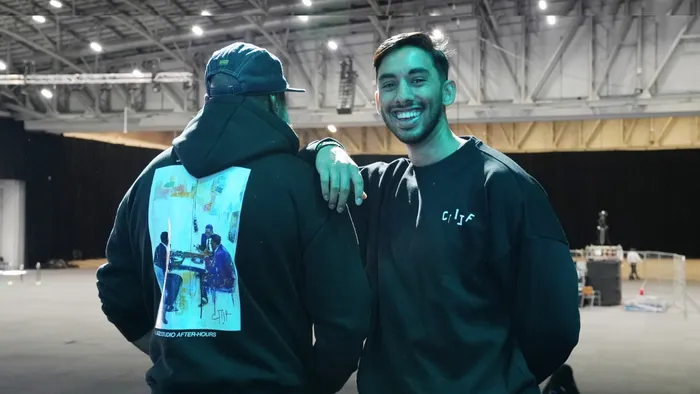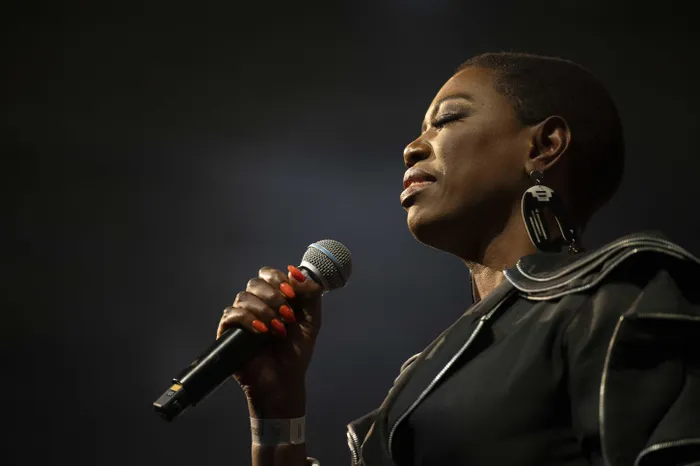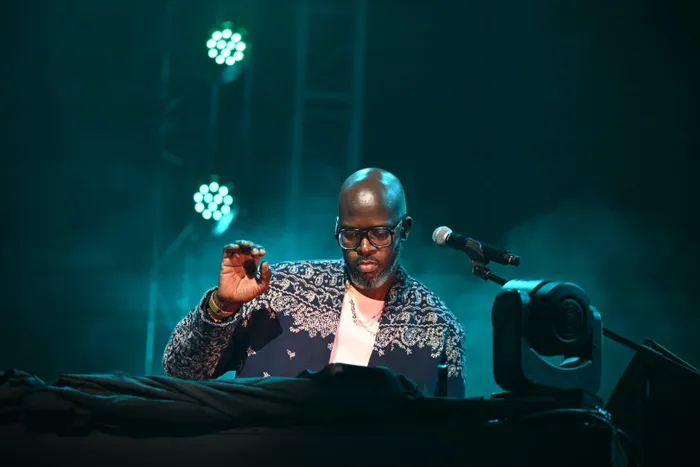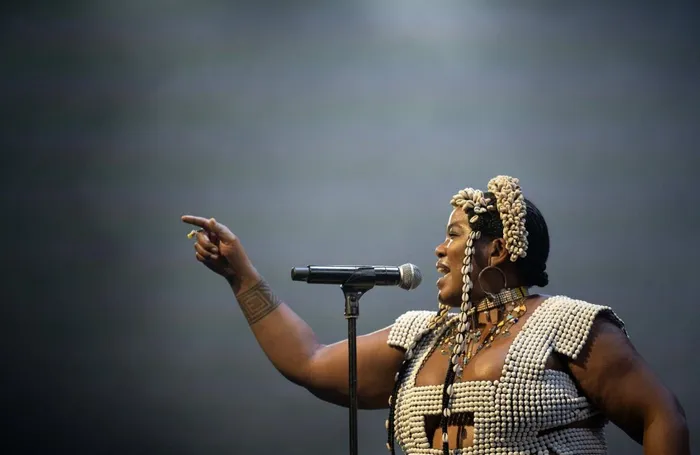
The Cape Town International Jazz Festival bridges the past and future, celebrating the rich legacy of jazz as a powerful voice for freedom and unity, writes Sekunjalo Deputy Chairman Rayhaan Survé.
Image: Independent Media
For some, jazz is a rhythm that unlocks joy. For others, it is the sound of resistance, a voice when words fail, a melody infused with pain and hope. For me, jazz is freedom. It is a global language that crosses borders, cultures, and time zones, one that speaks of unity, memory, and possibility.
The legacy of jazz is inseparable from humanity’s most defining struggles and triumphs. From its beginnings in New Orleans in the 20th century to its arrival and integration with Marabi in South Africa, jazz has always stood as both witness and participant in history. Viewed by the apartheid regime as subversive, jazz was heavily policed, censored, and pushed underground. Musicians and gatherings were targeted, yet the music endured, in townships and homes, becoming a symbol of unity and resistance.

Lira delivered a powerful and emotional performance on the Kippies stage on the final night of the 22nd Cape Town International Jazz Festival.
Image: Armand Hough / Independent Newspapers
Icons like Hugh Masekela, Miriam Makeba, Abdullah Ibrahim, Caiphus Semenya, and Letta Mbulu carried the torch of liberation through their music that captured both the pain of oppression and the dream of a free South Africa.
Globally, musicians such as Carlos Santana and Harry Belafonte also stood in solidarity with South Africa, proving that jazz and resistance knew no borders. The movement “Artists Against Apartheid” united voices against racial injustice from South Africa to around the world including the United Kingdom and USA.
The values that jazz represented through the 1900s: freedom of expression, unity, and creativity, are the very values that I hold dear and why we, as the Survé Family, continue to support The Cape Town International Jazz Festival (CTIJF).The festival has continued to bring together people of all ages, ethnicities and backgrounds to celebrate Jazz and what it means. It is the music of emotional honesty, of individuality within harmony.

The crowd feeds off the energy brought by Masego, as the multi-instrumentalist moved around the Kippies stage at the Cape Town International Jazz Festival on Friday evening.
Image: Armand Hough / Independent Newspapers
We have played a key role in keeping jazz alive worldwide, with the festival ranked among the top four jazz festivals globally. Over the years, the festival has grown in scope and influence, attracting talent from overseas while nurturing local voices, and inviting collaborations that transcend genres. But more than its scale, it is the festival’s soul that stands out, a soul rooted in inclusivity, heritage, and artistic freedom.
Now in its 22nd edition, the CTIJF, known as Africa’s grandest gathering, continues to honour its role as the largest jazz festival in Africa and one of the continent’s most important cultural gatherings.
This year’s theme, “Legacy Meets Tomorrow,” celebrated the festival's rich heritage and its evolving future. It showcased both legendary artists, like Masego and the emotional return of Lira to the stage, representing a bridge between the past and future, incorporating both the traditional and modern.

Black Coffee and Nduduzo Makhathini closed their show strongly, elevating the spirit of CTIJF to new heights.
Image: Armand Hough / Independent Newspapers

Thousands of people from across the globe attended the CTIJF 2025 where top local and international artists took to the stage.
Image: Armand Hough / Independent Newspapers

Part concert, part ritual: Thandiswa Mazwai mesmerises the crowds at the 22nd Cape Town International Jazz Festival.
Image: Armand Hough / Independent Newspapers
The future of jazz is dynamic, diverse, and genre-fluid. While jazz remains the foundation and heart, it invites experimentation and creation with R&B, Soul, House, Afrobeat, Hip-Hop, Spirituals, and more. From the power of Thandiswa Mazwai’s voice to groundbreaking collaborations between Nduduzo Makathini and Black Coffee, to the resonance of Bongeziwe Mabandla, the CTIJF speaks to everyone.
The CTIJF reminds us that jazz still does what it has always done best, bringing people together. It creates a space where the past and future sit side by side, listening, learning, and playing in harmony. This is why jazz matters, and why it continues to move generations, even as its sound transforms and evolves.
Life is so good together.
* Rayhaan Survé is the Deputy Chairman of Sekunjalo.
Related Topics:
